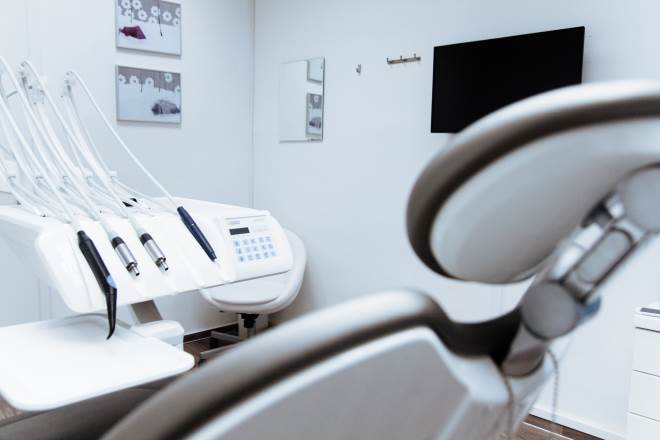Are Dental Implants Worth the Investment? A Comprehensive Guide
Dental implants have revolutionized the field of dentistry, offering a long-lasting solution for those with missing teeth. As more people consider this option, questions about their value and cost-effectiveness arise. This article delves into the world of dental implants, exploring their benefits, costs, and factors to consider when deciding if they're the right choice for you.

What Exactly Are Dental Implants?
Dental implants are artificial tooth roots, typically made of titanium, that are surgically placed into the jawbone. They serve as a sturdy foundation for replacement teeth, providing a permanent solution that looks, feels, and functions like natural teeth. Unlike dentures or bridges, implants don’t rely on neighboring teeth for support, making them a standalone and often preferred option for tooth replacement.
How Do Dental Implants Compare to Other Tooth Replacement Options?
When compared to traditional dentures or bridges, dental implants offer several advantages. They provide superior stability, allowing you to eat, speak, and smile with confidence. Implants also help preserve bone structure in the jaw, preventing the sunken appearance often associated with long-term denture use. While the initial cost may be higher, the longevity and quality of life improvements often make implants a more cost-effective choice in the long run.
What Is the Typical Process for Getting Dental Implants?
The dental implant process typically involves several stages spread over a few months. Initially, the implant is surgically placed into the jawbone. A healing period of several months follows, during which the implant fuses with the bone in a process called osseointegration. Once healed, an abutment is attached to the implant, and finally, a custom-made crown is placed on top. This thorough process ensures a stable, long-lasting result.
How Much Do Dental Implants Usually Cost?
The cost of dental implants can vary significantly based on factors such as the number of implants needed, the complexity of the case, and geographic location. On average, a single dental implant in the United States can range from $3,000 to $6,000, including the implant, abutment, and crown. Full mouth reconstructions using implants can cost significantly more, potentially ranging from $30,000 to $90,000 or higher.
Prices, rates, or cost estimates mentioned in this article are based on the latest available information but may change over time. Independent research is advised before making financial decisions.
Key factors influencing dental implant costs: • Preparatory procedures (e.g., bone grafts) • Type and quality of implant materials • Dentist’s expertise and location • Number of implants required • Additional treatments needed
Are There Ways to Make Dental Implants More Affordable?
While dental implants represent a significant investment, there are strategies to make them more accessible:
- Dental insurance: Some plans may cover a portion of implant costs.
- Flexible spending accounts (FSAs) or health savings accounts (HSAs): These can be used for dental procedures.
- Payment plans: Many dental offices offer financing options.
- Dental schools: Supervised student clinics often provide services at reduced rates.
- Comparison shopping: Consult multiple providers to find competitive pricing.
| Provider Type | Services Offered | Key Features/Benefits |
|---|---|---|
| Private Practice Dentists | Comprehensive implant services | Personalized care, latest technology |
| Dental Implant Centers | Specialized implant procedures | Focused expertise, potentially lower costs |
| Dental Schools | Implant services under supervision | Significantly reduced costs, longer treatment times |
| Corporate Dental Chains | Standard implant procedures | Convenient locations, potential for promotions |
How Long Do Dental Implants Last?
One of the most compelling arguments for dental implants is their longevity. With proper care and maintenance, dental implants can last a lifetime. The implant itself, which is fused to the bone, rarely needs replacement. However, the crown attached to the implant may need replacement after 10-15 years due to normal wear and tear. Regular dental check-ups and good oral hygiene practices are crucial for maximizing the lifespan of your dental implants.
Ultimately, the decision to invest in dental implants should be based on a careful consideration of your oral health needs, financial situation, and long-term goals. While the upfront cost may be substantial, many patients find that the improved quality of life, confidence, and oral health make dental implants a worthwhile investment. Consult with a qualified dental professional to determine if dental implants are the right choice for your specific situation.
This article is for informational purposes only and should not be considered medical advice. Please consult a qualified healthcare professional for personalized guidance and treatment.
The shared information of this article is up-to-date as of the publishing date. For more up-to-date information, please conduct your own research.




